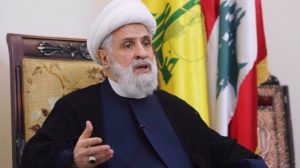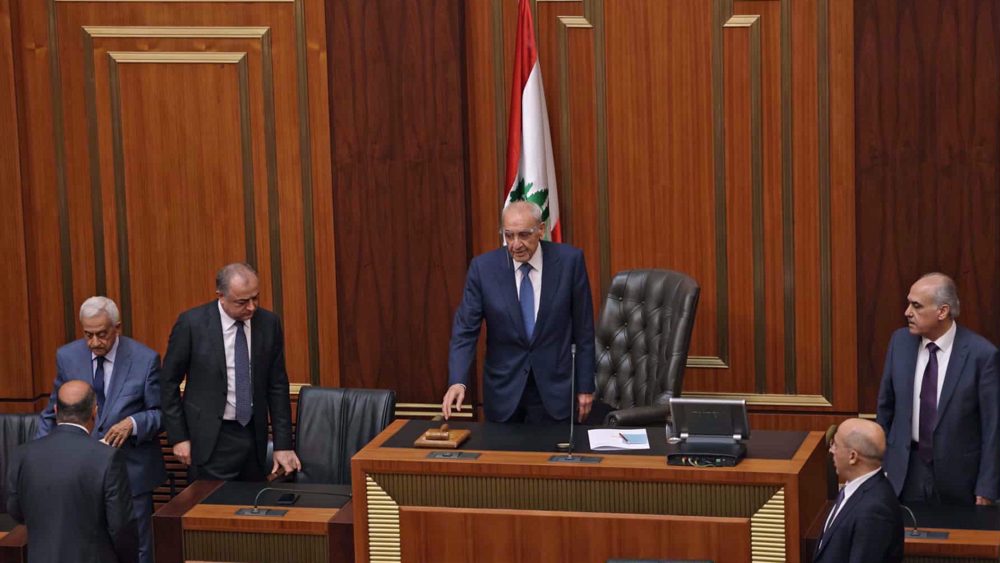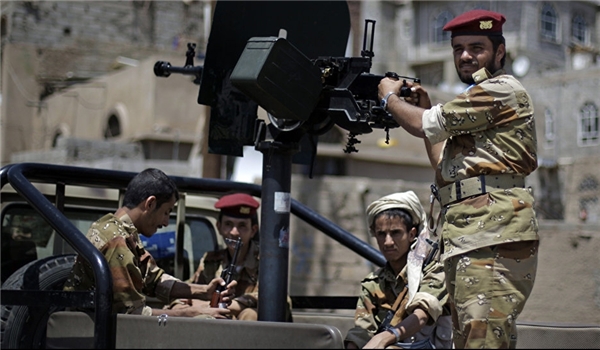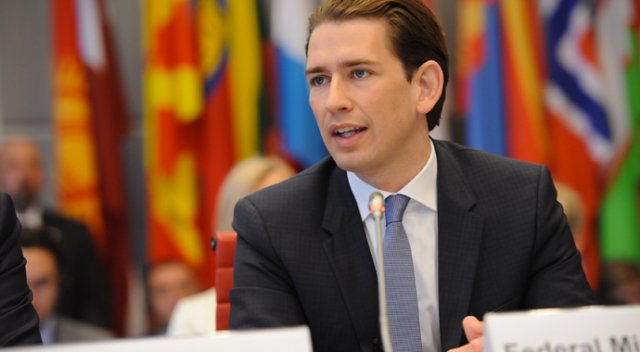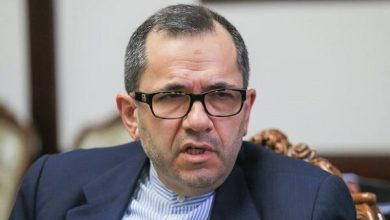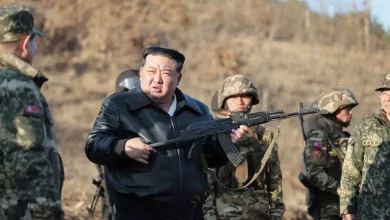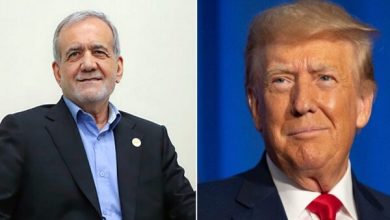Hezbollah won’t accept new Lebanese president subservient to US, Israeli regime
A high-ranking Hezbollah official says the Lebanese resistance movement will not accept a new president who would capitulate to the US and the Israeli regime, emphasizing that the new head of state must have the capability to rescue the Arab country from the protracted financial crisis.
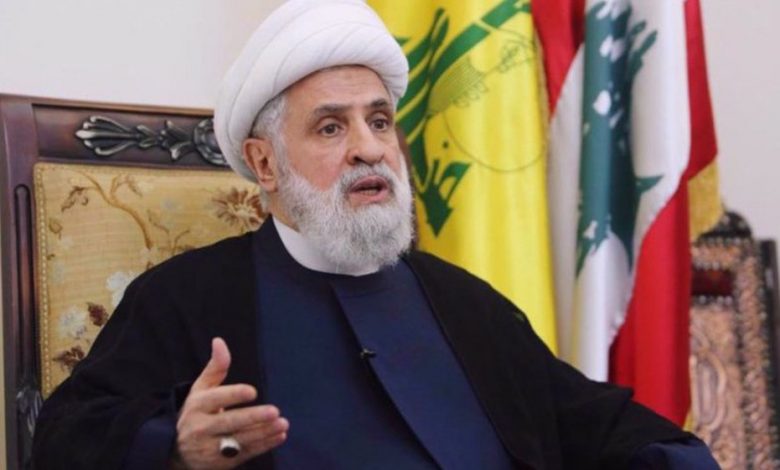
“We have repeatedly stated that we want to elect a president as soon as possible, but the processes require a two-thirds quorum in the parliament,” Hezbollah Deputy Secretary General Sheikh Naim Qassem said at a ceremony in the Lebanese capital city of Beirut.
“Neither can we solely garner the two-thirds majority nor does any party have such a capacity by itself.”
He pointed out that none of the parliamentary blocs can elect a president without a national consensus, adding that some parties accuse Hezbollah of obstructing the presidential election in order to hide their own failures to elect a new head of state.
Sheikh Qassem stressed that the new Lebanese president must be able to save the nation from the severe economic crisis facing the country and initiate a dialogue among all segments of the society.
The senior Hezbollah official also underlined that his group will never accept a president who would stir sedition among the Lebanese people, and be subservient to the plans imposed by Washington and Tel Aviv.
The remarks came after the Lebanese parliament convened on Thursday to elect the new president who will succeed former president Michel Aoun. But the eighth attempt also proved futile.
The legislative body held the ballot with the voting session attended by only 110 lawmakers out of 128 as some legislators did not show up for the event.
It resulted in 37 votes for Michel Mouawad — a senior lawmaker whose father Rene Moawad was a former president — four votes for prominent academic Issam Khalifeh, two votes for former minister of interior and municipalities Ziyad Baroud, 52 blank votes and some votes with mock choices on.
In order for a candidate to secure the presidency, he needs to be backed by 86 or two-thirds of the parliamentarians.
Lebanon’s presidency has seen stalemate several times since the 1975-1990 civil war. The country has also had only a caretaker government since May.
The Arab country has been mired in an economic crisis that the World Bank has dubbed one of the worst in recent history, which comes amid crippling sanctions imposed by the US and its allies.
The Lebanese pound has lost more than 95 percent of its value on the black market since 2019.
According to the United Nations, the ongoing financial crisis in Lebanon has caused poverty rates to reach more than 80 percent of the population, and food prices have risen by an astonishing 2,000 percent.
Creditors under the US influence such as the International Monetary Fund (IMF) have conditioned the release of billions of dollars in emergency loans to specific reforms which many observers would make the country dependent on the West.
